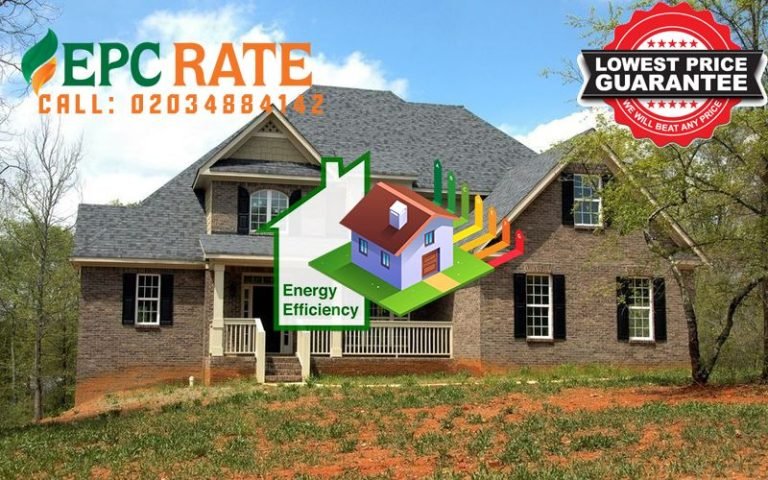In order to combat climate change, the UK is committed to achieving Net Zero Carbon goals. This implies that the energy efficiency of homes is crucial and is getting more so as energy costs increase globally.
The EPC (Energy Performance Certificate) rating is one area where rules are being tightened. EPC ratings serve as a sign of a building’s energy efficiency, taking into consideration both the building’s structure and any installed energy-saving measures. For instance, solar panels, cavity wall insulation, or fresh heating systems.
Currently, rental homes must meet the energy efficiency band E standard (where A is the most energy efficient and G is the least). For new tenancies, this regulation will change in 2025, and for current leases, it will change in 2028.

What are the EPC challenges for landlords?
EPC requirements have presented landlords with a number of difficulties. Landlords must pay for energy-saving improvements to raise the banding if a property doesn’t reach the minimum band E standard. Furthermore, when the necessary energy efficiency rating grows, the standard will be raised even further.
An EPC is performed when a building is examined, given an energy efficiency rating, and given a list of suggestions to increase the facility’s energy efficiency. These may consist of:
- Cavity wall insulation
- Loft insulation
- Floor insulation
- Double glazing
- Draughtproofing
- New boiler and heating systems
- Renewable energy measures such as solar panels
Currently, landlords are only allowed to spend up to £3,500 on energy efficiency improvements to their buildings. This indicates that the most they are need to pay to raise the property to a band E is £3,500. After spending this amount, they can keep renting out the house if you haven’t reached band E.
The minimum amount will increase to $10,000 when the laws are changed in 2025. There are ways to assist landlords in funding EPC upgrades, though.
How can landlords pay for EPC upgrades?
The cost for a landlord to upgrade their home to a band C in 2025 is projected to be on the order of £10,560. For many landlords, this sum of money is considerable. The government has provided many options for funding this:
- There are various circumstances under which third-party money can be obtained. This may be accomplished through local government grants, the Energy Company Obligation (ECO), or Green Deal financing. Additionally, the cap does not apply to landlords who are successful in obtaining this cash, so they are free to spend as much money as necessary to bring their property up to code.
Third-party financing and self-funding – Landlords occasionally have the option to combine third-party money (less than £3,500) with self-funding to the amount of the cost cap.
If a landlord cannot spend the full £3,500 (or £10,000 starting in 2025) on upgrades for the property, they may still make the improvements that fall within the cap and request for an exemption.


